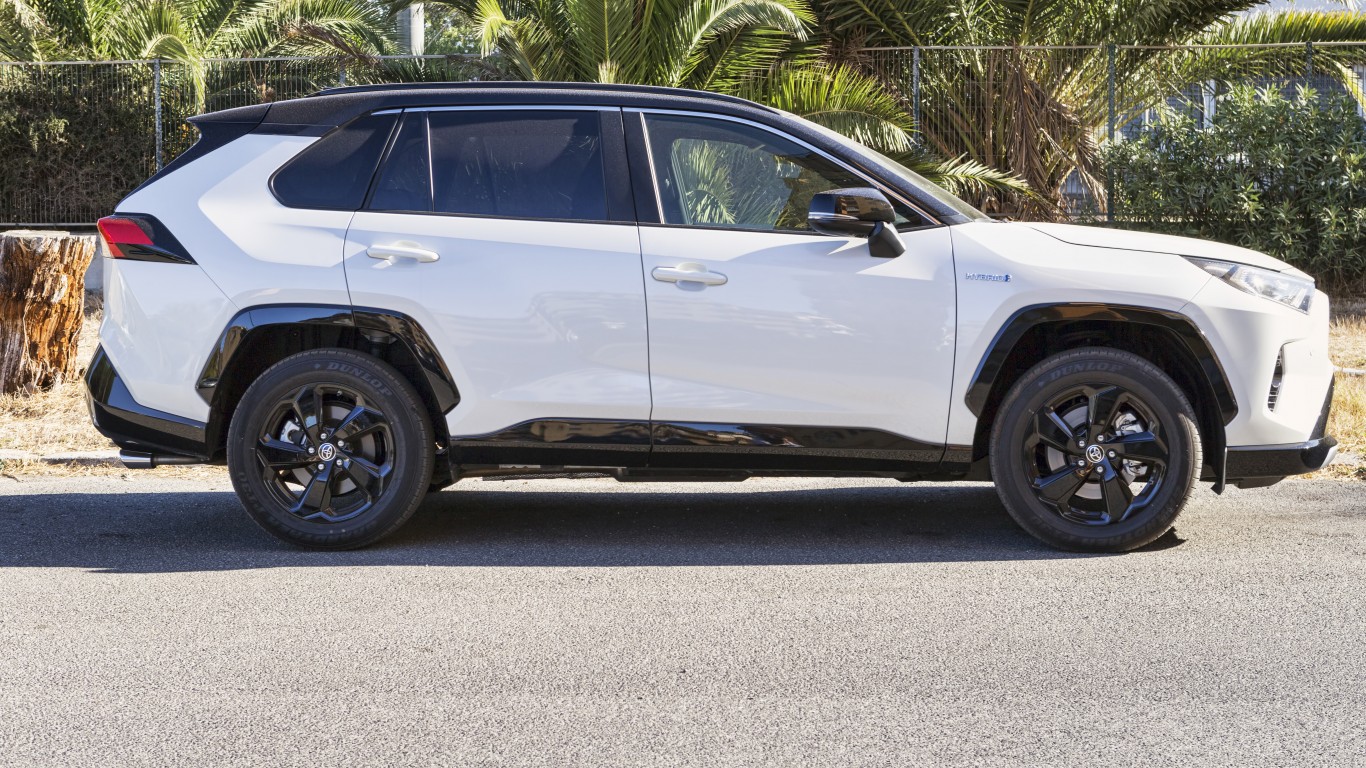
If you’re on the hunt for a compact crossover SUV, the Toyota Rav4 should undoubtedly be at the top of your list. This popular vehicle from Toyota has been out since 1995 and sells very well. By 2019, the Rav4 was the best-selling SUV anywhere in the world. In 2020, Toyota surpassed 10 million Rav4 models on the road, which is quite the achievement for this compact SUV.
Of course, with 10 million Rav4 vehicles on the road, there are bound to be some model years you might want to pass on. As good as Toyota’s reputation is for quality and reliability, it too can sometimes struggle to avoid issues on some of its best-selling vehicles. With this in mind, let’s dive right into the Rav4 model years you should avoid and a few that you can consider when buying used.
Avoid: 2001
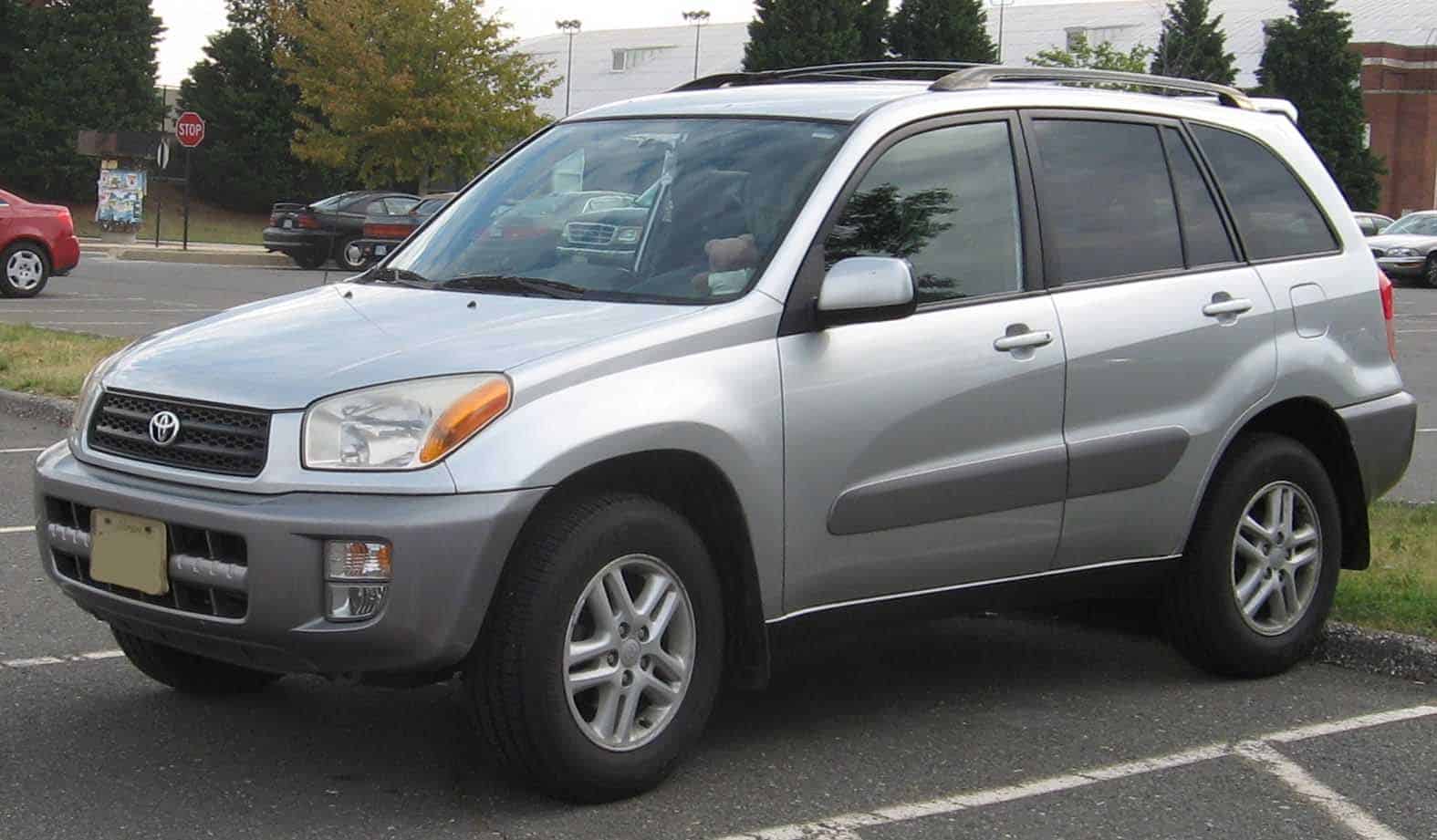
Toyota’s first real problems with the Rav4 began in 2001. The biggest issue and the one most reported to the NHTSA (National Highway Transportation and Safety Administration) was transmission issues. According to these 300-plus filings, customers with the Rav4 had issues shifting between gears. What’s worse is that if the car is out of warranty, the average repair cost according to CarComplaints.com is $2,500.
Beyond transmission issues, 2001 Toyota Rav4 owners also had electrical issues and drivetrain problems. These issues involved owners having an issue with acceleration not reliably working every time the gas pedal was pressed. Separately, the 2001 model also had issues with safety as the side crash test performed by IIHS rated the Rav4 as “Poor.”
Avoid: 2002

By far the most problematic year for the Toyota Rav4, over 1,000 complaints were made to the NHTSA. According to owners of this model, the stiff transmission Toyota used jumped between gears causing extreme driver frustration. This model year was also discovered to have numerous engine control module issues. There’s a strong belief ECM issues and transmission concerns were all related.
Ultimately, multiple threats of class action lawsuits forced Toyota to extend the warranty on this vehicle from 5 years/60,000 miles to 10 years and 150,000 miles. Toyota also offered to reimburse any customers who could verify they paid out of pocket for repairs relating to transmission concerns. The bottom line is that there is little reason anyone should look at a used 2002 Toyota Rav4.
Avoid: 2006
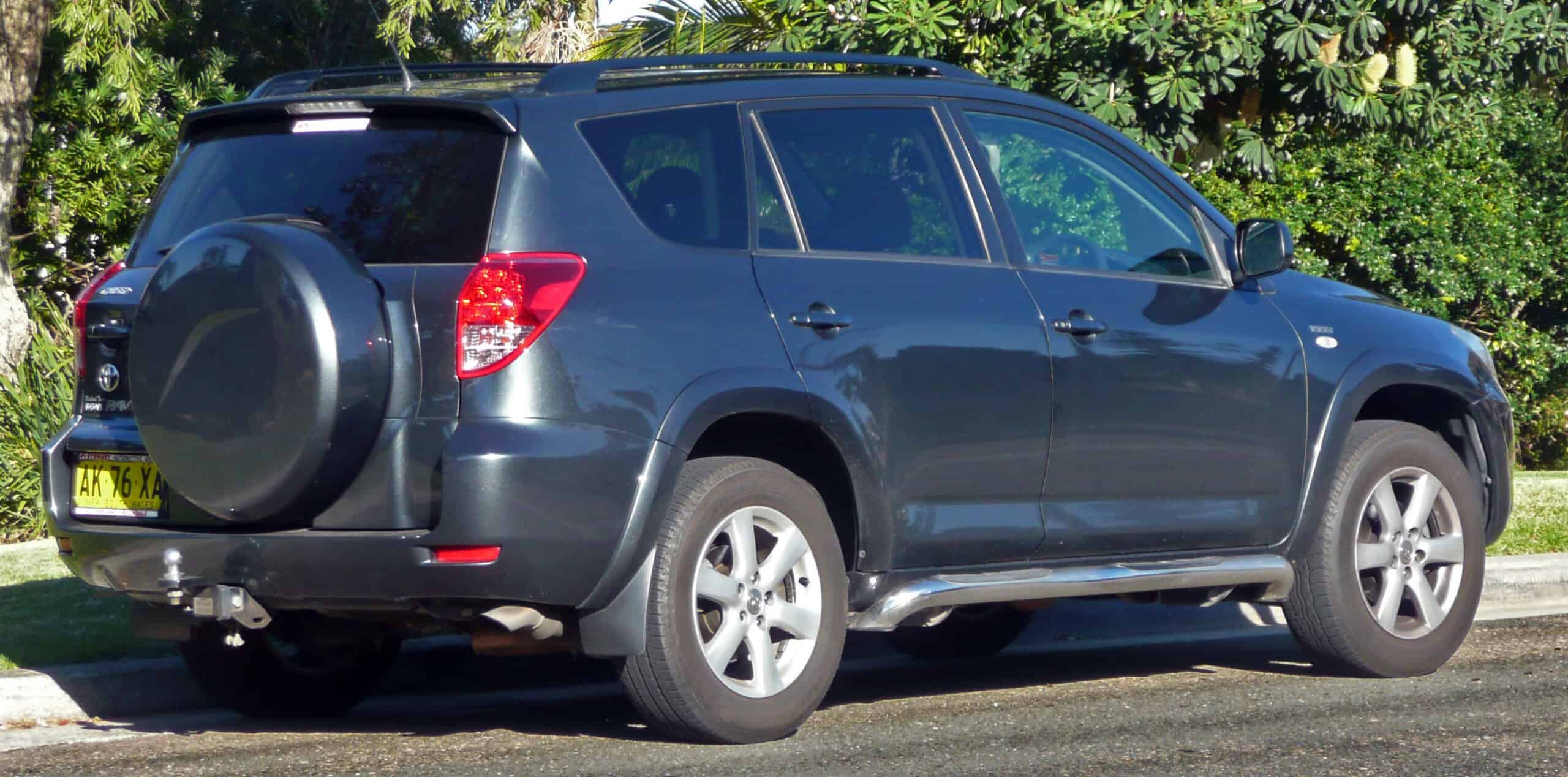
Jumping ahead a few years, the 2006 Toyota Rav4 is another model year to stay away from. Between excessive oil consumption, transmission heating issues, and concerns with the steering shaft, it’s a good idea to avoid this model year completely. In total, there were just under 500 NHTSA complaints specifically focusing on both engine and steering problems made by 2006 owners.
When you factor in airbag issues and paint problems, things don’t look any better for the 2006 model. Plus, you can’t forget suspension problems which made for a very uncomfortable ride for those who were affected. While 2006 won’t go down as the Rav4’s most problematic year, it’s worth passing on.
Avoid: 2007
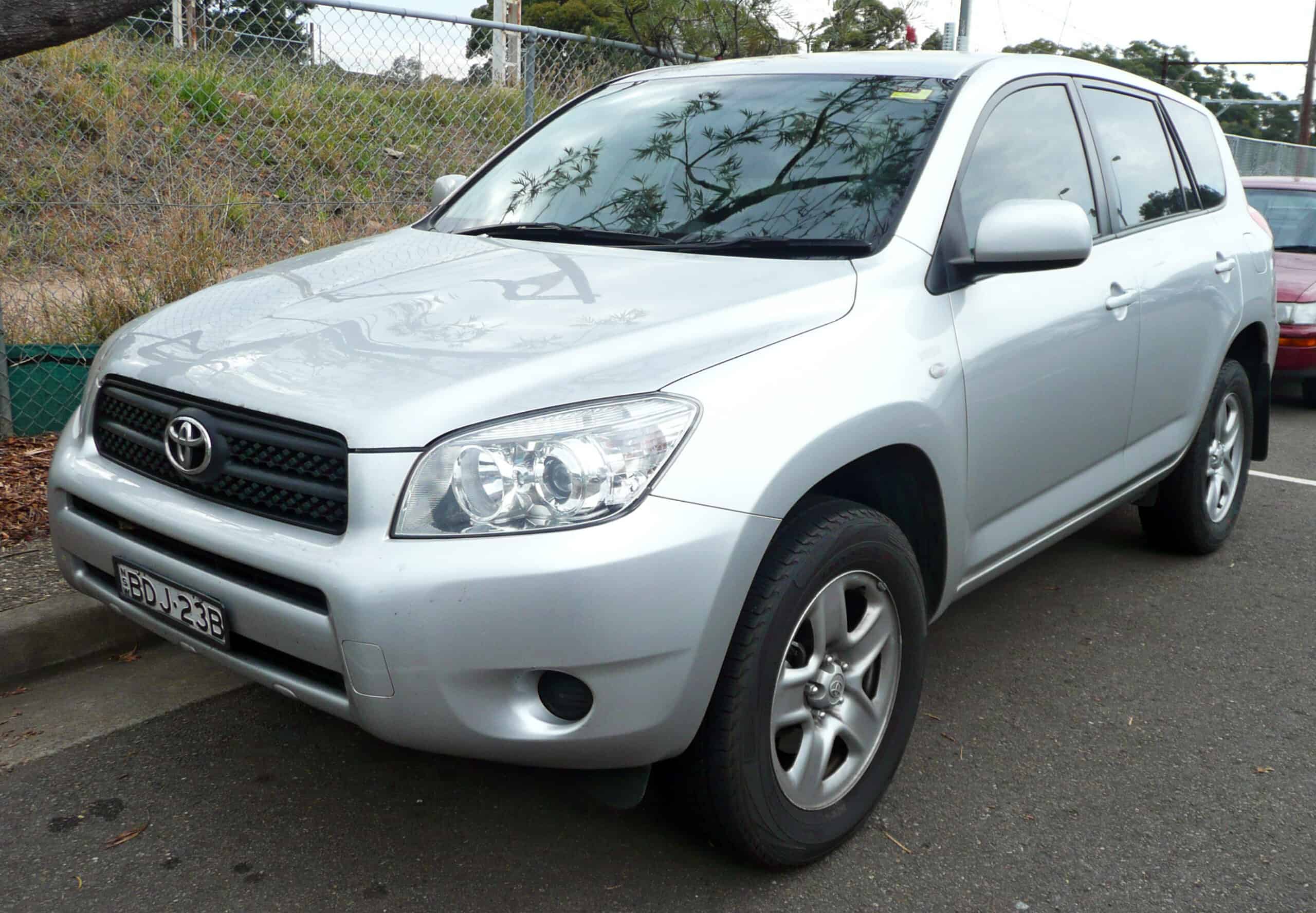
Unfortunately for Toyota, issues that began with the 2006 model year carried over into 2007. The big uptick in issues in 2007 focused heavily on both engine and steering problems. Engine issues focused heavily on excessive oil consumption, which was the primary issue for 2007 overall.
Jumping over to steering problems, numerous NHTSA reports indicated the steering wheel would make a clunking noise when turning. Last but not least, the 2AZ-FE engine Toyota fitted with the Rav4 was infamous for its oil-guzzling. This engine is often regarded as one of the least reliable engines Toyota has ever designed.
Avoid: 2008
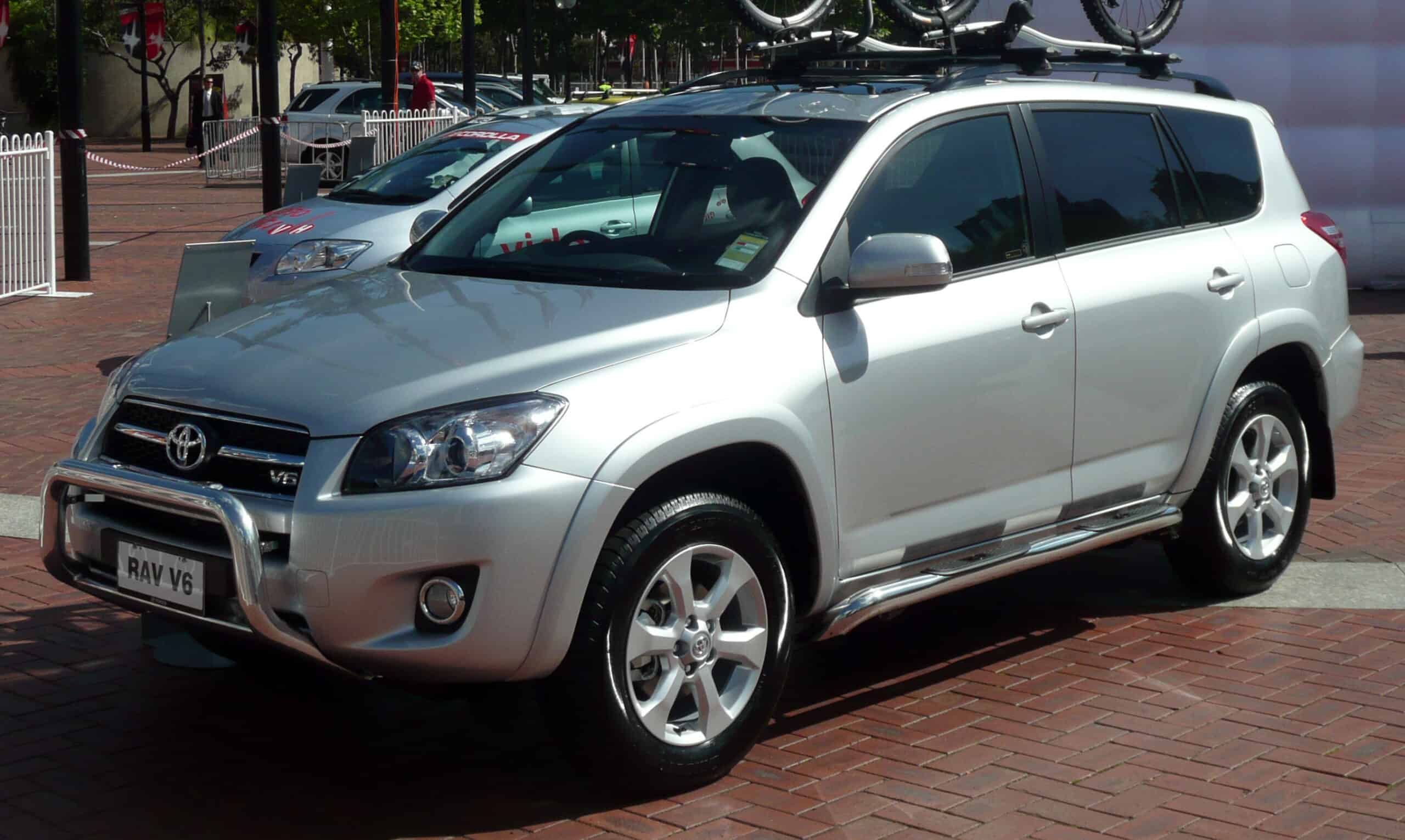
The three-year era of really disappointing Toyota Rav4 continues and ends with the 2008 model year. Thankfully, after this year Toyota made changes to help reduce many of the issues. Unfortunately, the 2008 model didn’t take advantage of any of these changes. Instead, a total of 887 NHTSA complaints were made in 2008.
Unsurprisingly, the biggest concerns still focused on excessive oil consumption. However, oil leaking was another problem. Both of these issues validated that the 2AZ-FE engine needed to be replaced in 2009. Steering shaft concerns also carried over in 2008 though the issue was able to be fixed through mechanical work.
Own: 2004
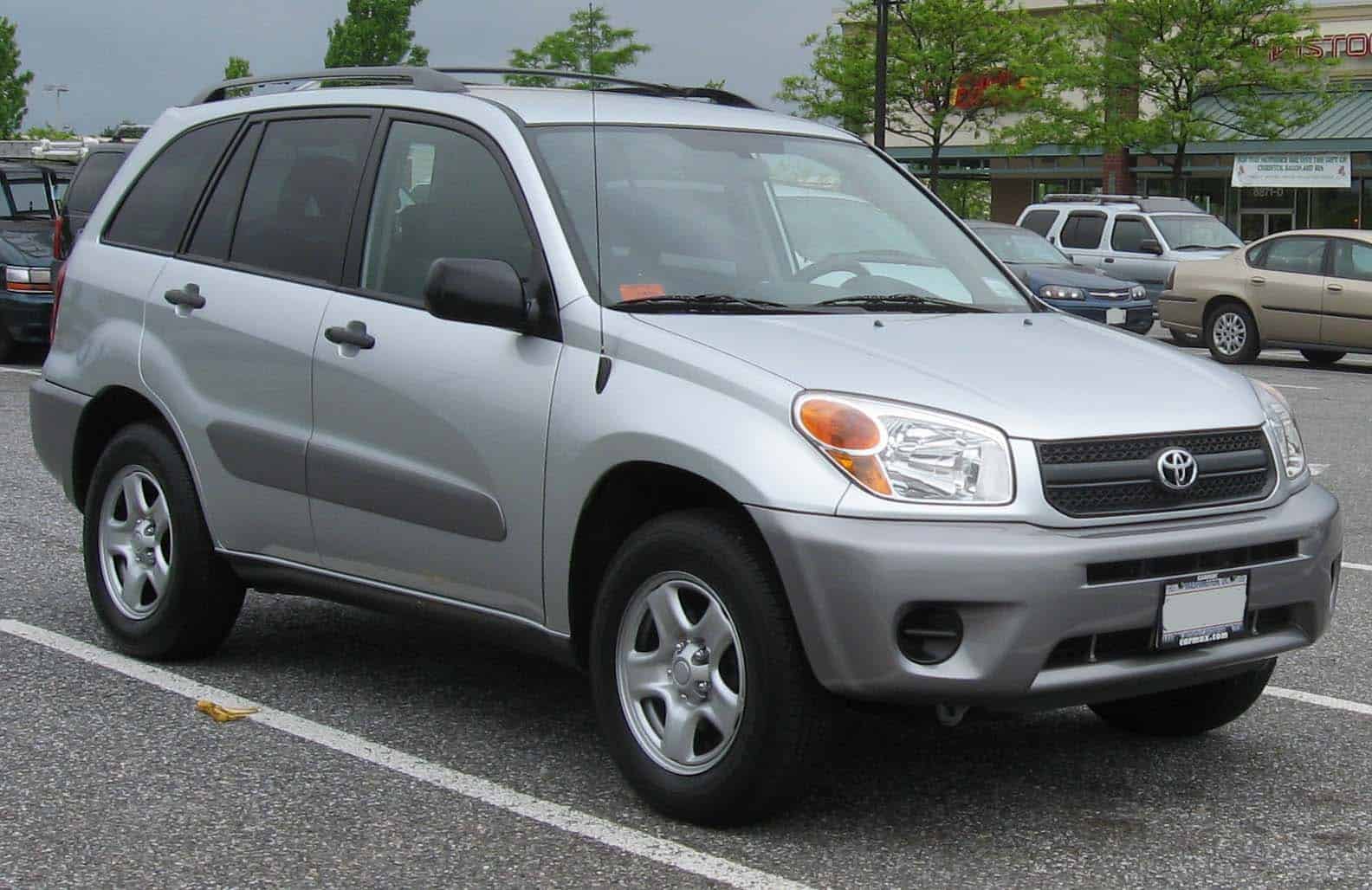
For owners of 2004 Toyota Rav4 models, things are looking up. Widely considered to be among the best years for the Rav4, 2004 saw the introduction of new safety enhancements. This included anti-lock brakes as standard and a new stability control system. In the last models of the 2nd generation of the Rav4, the number of NHTSA complaints in 2004 was half of what was received a year earlier.
Part of the reason the 2004 model gets such a strong review is the new 2.4L I4 engine that produced 160 horsepower. In addition, the Rav4 exterior was upgraded to give the vehicle a more stylish and aggressive look. The interior was also updated with a new instrument panel and steering wheel, something customers enjoyed.
Own: 2005
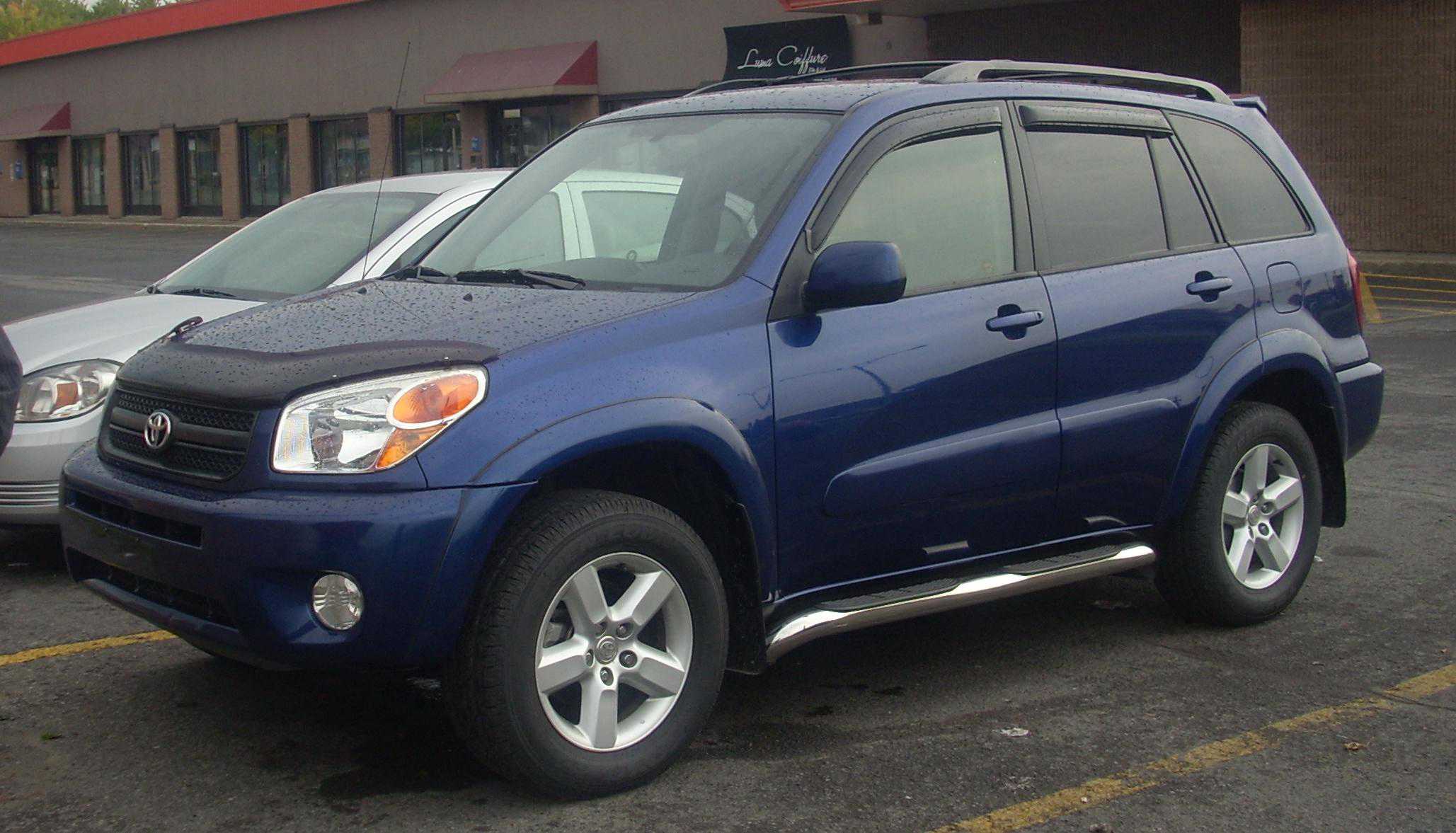
Like the 2004 model, the 2005 model was also part of an upswing in the Rav4’s drop in customer complaints. Along with the new engine, the 2005 added 160 horsepower and the new safety standards Toyota began adopting across its lineup. The only real downside in 2005 is that the two-door model of the Rav4 wasn’t sold in the U.S.
Other highlights in 2005 included new options and packages for drivers to choose from. These included a six-speaker sound system, heated exterior mirrors, privacy glass, fog lights, and a new leather interior option. Limited slip differential was also provided to customers opting for the 4WD model, which is great for winter weather.
Own: 2020
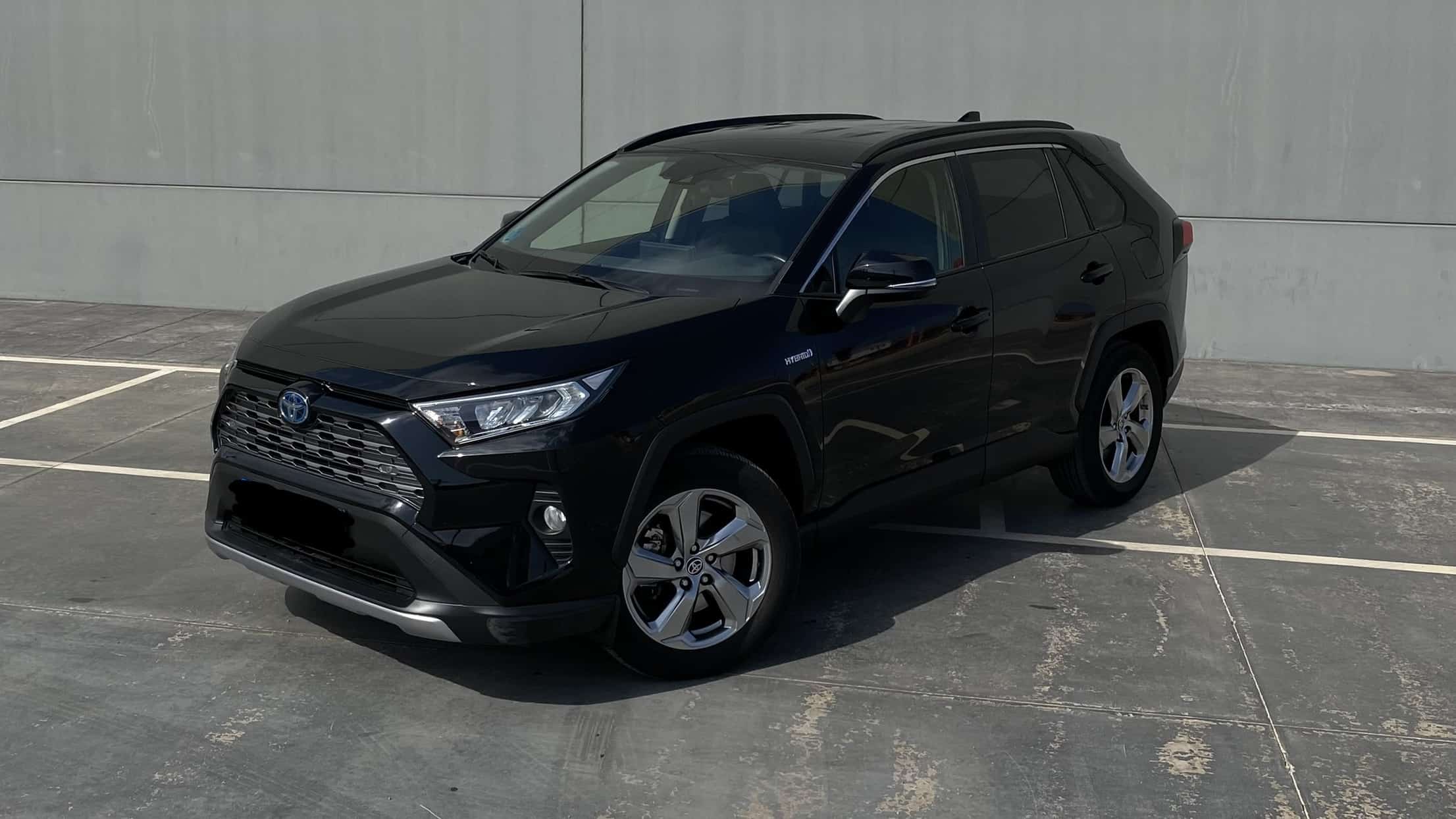
A top safety pick from IIHS in 2020, the Toyota Rav4 was unsurprisingly the company’s best-selling SUV that year. However, it wasn’t all good news as the Hybrid XLE, XSE, and Limited trims all received poor marks with headlight quality. Beyond that, the IIHS report for the Rav4 gave everything else about the vehicle top marks.
In total, there were only 348 NHTSA complaints made in 2020, many of which focused on electrical problems. The only other major factor affecting drivers was a fuel system problem. However, both of these issues saw low customer complaints, much lower than the model years most worth avoiding. There were some issues with customers not feeling the new infotainment system was very intuitive, but these were low volume overall.
Own: 2021
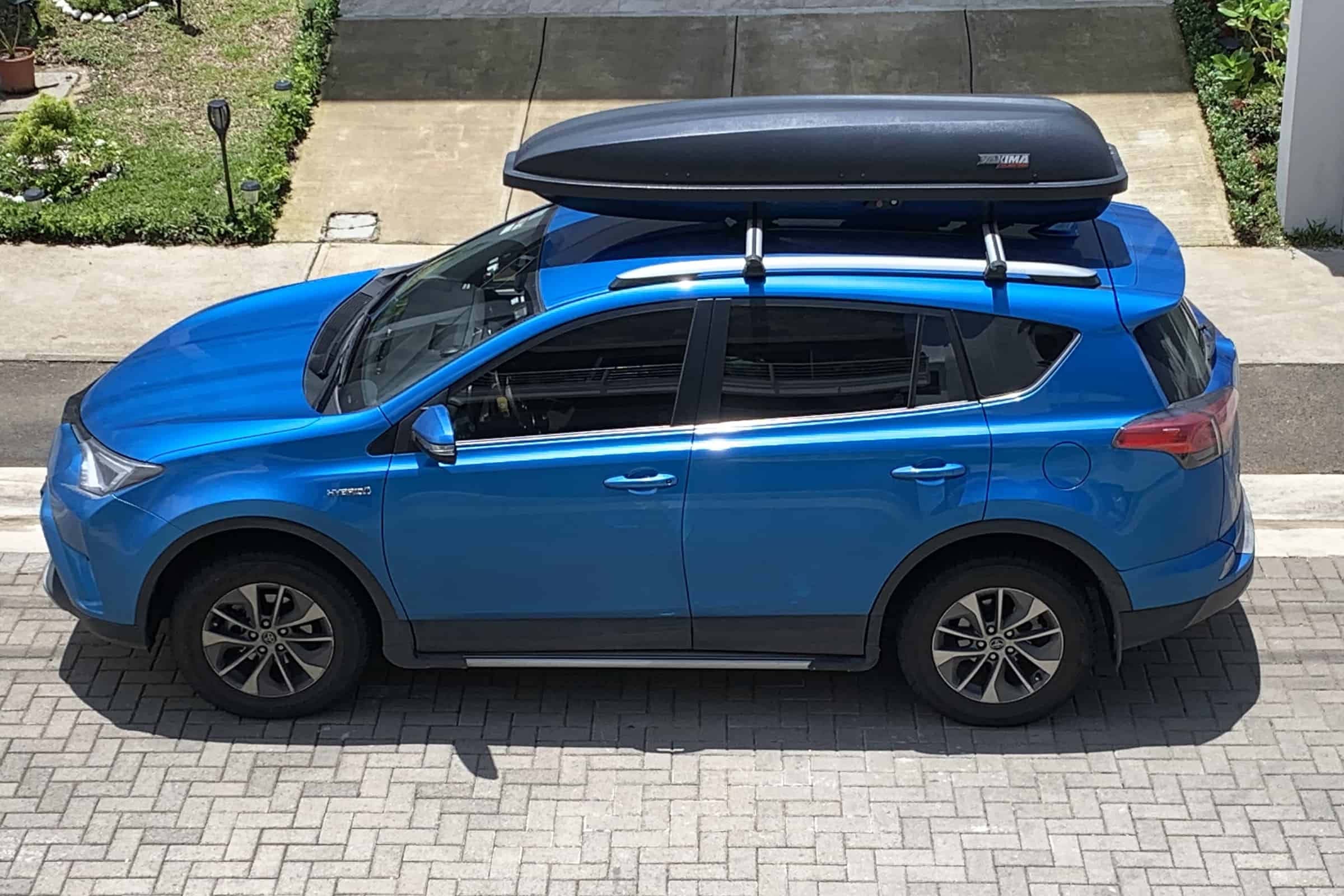
Like 2020, the 2021 Toyota Rav4 saw a significant drop in overall customer concerns. With only 147 complaints to the NHTSA, this was half of what took place in 2020. For the most part, many of the engine problems went away as did other electrical issues. The only issues that did stick out were some interior accessory headaches as the dashboard was prone to micro scratching when cleaning.
Additionally, there were 6 total complaints about the driver-side seat belt rattling in a small number of Rav4 vehicles. Outside of these small issues, 2021 Rav4 owners were very happy with the improved look of the vehicle and the updated infotainment system. The 2020 complaints of infotainment troubles did not carry over as Toyota made some software changes to help reduce the learning curve.
Own: 2022
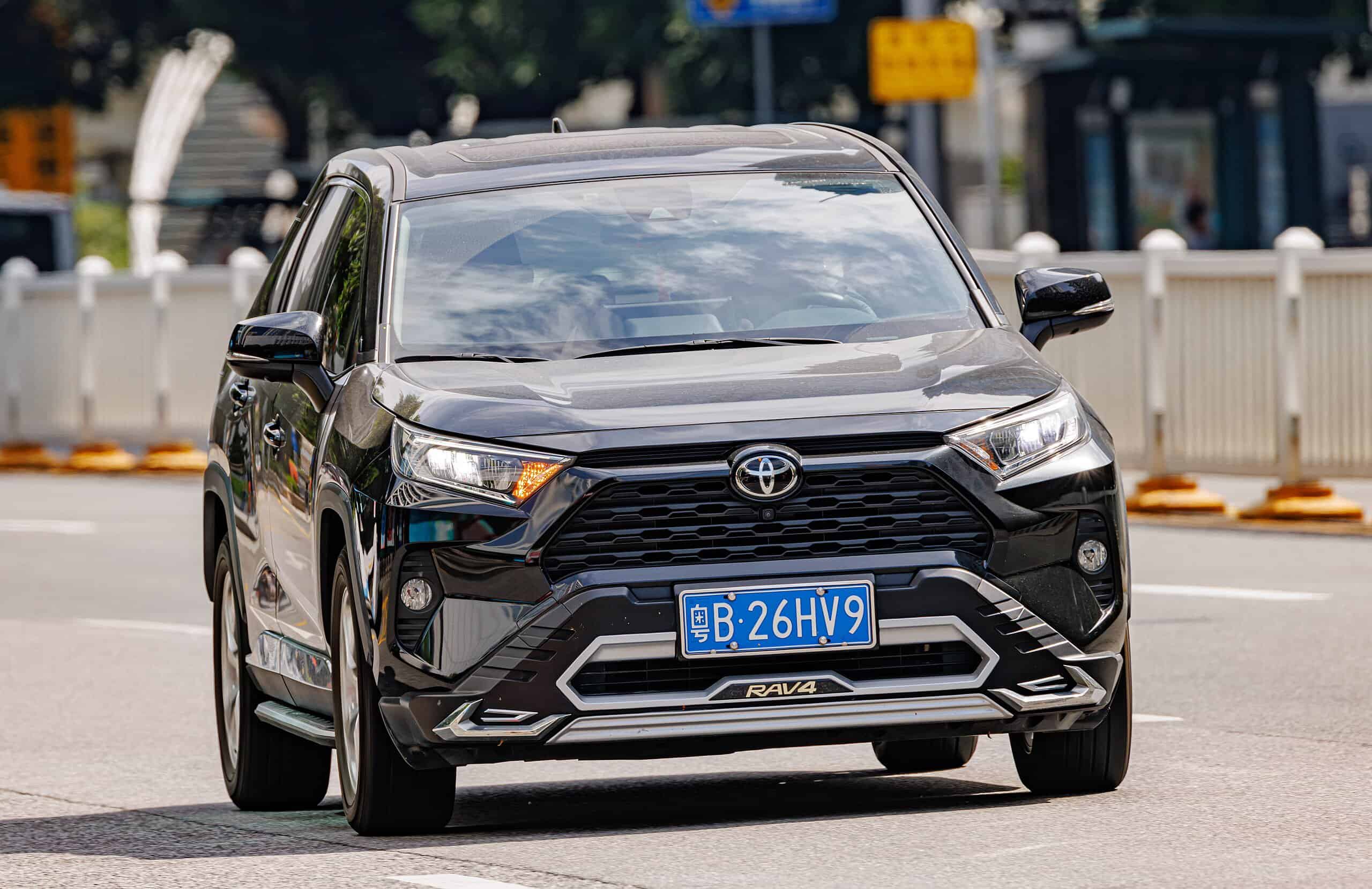
Last but not least of the Toyota Rav4 models to own, the 2022 model is among the best performing in the bunch. Receiving an 80 score of “Great” by J.D. Power, the quality and the reliability of the 2022 model were highly praised. The same goes for the driving experience, which also received an 81/100 score. As is typical with Toyota models, Rav4 owners also know there is a strong resale value for cars in good condition.
Along with J.D. Power, the Rav4 in 2022 also scored a Top Safety Pick rating from IIHS. In total, it only received a modest 67 NHTSA complaints. That’s among the lowest Toyota has ever received for this model and no issue received more than 11 total complaints.
Get Ready To Retire (Sponsored)
Start by taking a quick retirement quiz from SmartAsset that will match you with up to 3 financial advisors that serve your area and beyond in 5 minutes, or less.
Each advisor has been vetted by SmartAsset and is held to a fiduciary standard to act in your best interests.
Here’s how it works:
1. Answer SmartAsset advisor match quiz
2. Review your pre-screened matches at your leisure. Check out the advisors’ profiles.
3. Speak with advisors at no cost to you. Have an introductory call on the phone or introduction in person and choose whom to work with in the future
Thank you for reading! Have some feedback for us?
Contact the 24/7 Wall St. editorial team.




